Imagine a world where your trusted housemaid is replaced by a machine. Will artificial intelligence (AI) render housemaids obsolete?
In this article, we explore the potential threat AI poses to housemaids’ jobs and the importance of finding a balance between technology and human touch.
Discover how AI can be a tool for housemaids, rather than a replacement, ensuring their job security in the age of automation.
Join us as we delve into the future of domestic work and the need for human connection.
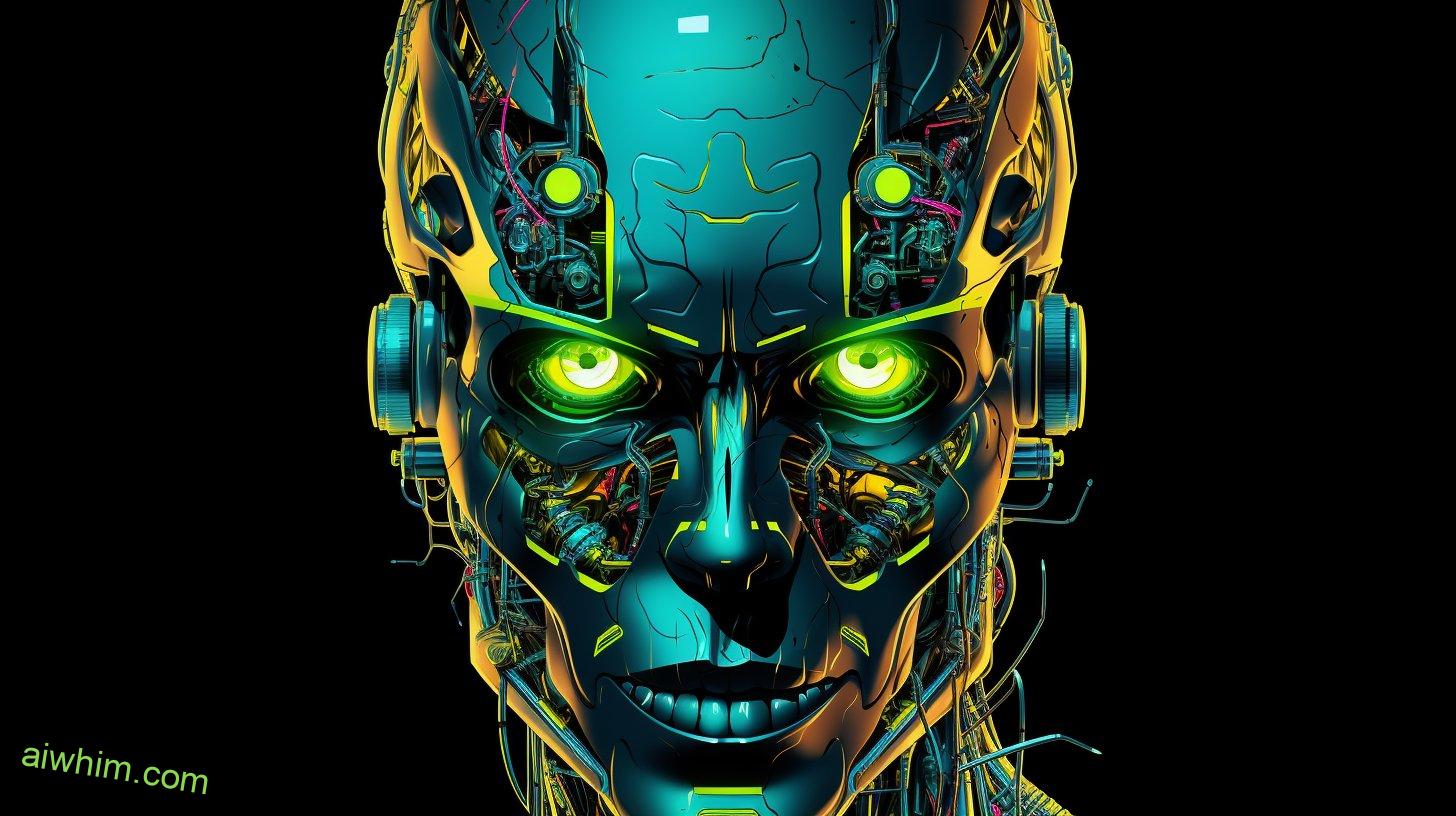
The Rise of AI in Domestic Work
You might be wondering how the rise of AI in domestic work is affecting housemaids. Well, let’s dive into it.
The rise of automation has undoubtedly made an impact on employment, and housemaids aren’t exempt from this phenomenon. With the development of advanced technologies, household tasks that were traditionally performed by housemaids can now be automated through the use of artificial intelligence.
Imagine this: you come home from a long day at work, and instead of finding a housemaid to clean your house, you’re greeted by a robotic vacuum cleaner effortlessly gliding across your floors. While this may seem convenient and efficient, it also raises concerns about the future of housemaids in the workforce.
The rise of AI in domestic work has the potential to displace housemaids from their jobs. As more and more tasks become automated, the demand for human housemaids may decrease. Why hire a housemaid when you can have a robot do the cleaning for you?
This shift towards automation poses a significant challenge for housemaids who rely on their jobs to support themselves and their families. Without employment opportunities, they may find themselves facing financial hardships and struggling to make ends meet. It’s crucial for society to consider the impact of AI on domestic work and find ways to ensure that housemaids aren’t left behind in this rapidly changing landscape.

Understanding the Role of Housemaids
As a homeowner, you may be wondering about the vital role that housemaids play in maintaining a clean and organized household. Housemaids go beyond the physical tasks of cleaning and organizing; they also bring emotional intelligence into their work.
Emotional intelligence in housekeeping involves understanding the needs and preferences of the homeowners, and being able to anticipate and address them with care and empathy. This not only ensures a clean and tidy space, but also creates a harmonious and pleasant environment for everyone in the household.
Technology has also played a significant role in housemaid training. With the advent of smart devices and automated systems, housemaids are now able to learn new techniques and skills more efficiently. Online platforms and applications provide easy access to training materials and resources, allowing housemaids to enhance their knowledge and stay updated on the latest cleaning methods and products.
Additionally, technology enables housemaids to communicate and collaborate with homeowners more effectively, ensuring that their expectations are met.
However, it’s important to strike a balance between technological advancements and the personal touch that housemaids bring. While technology can automate certain tasks and make them more efficient, it can’t replace the emotional connection and human touch that housemaids provide. Their presence and attention to detail create a sense of trust and reliability that technology alone can’t replicate.
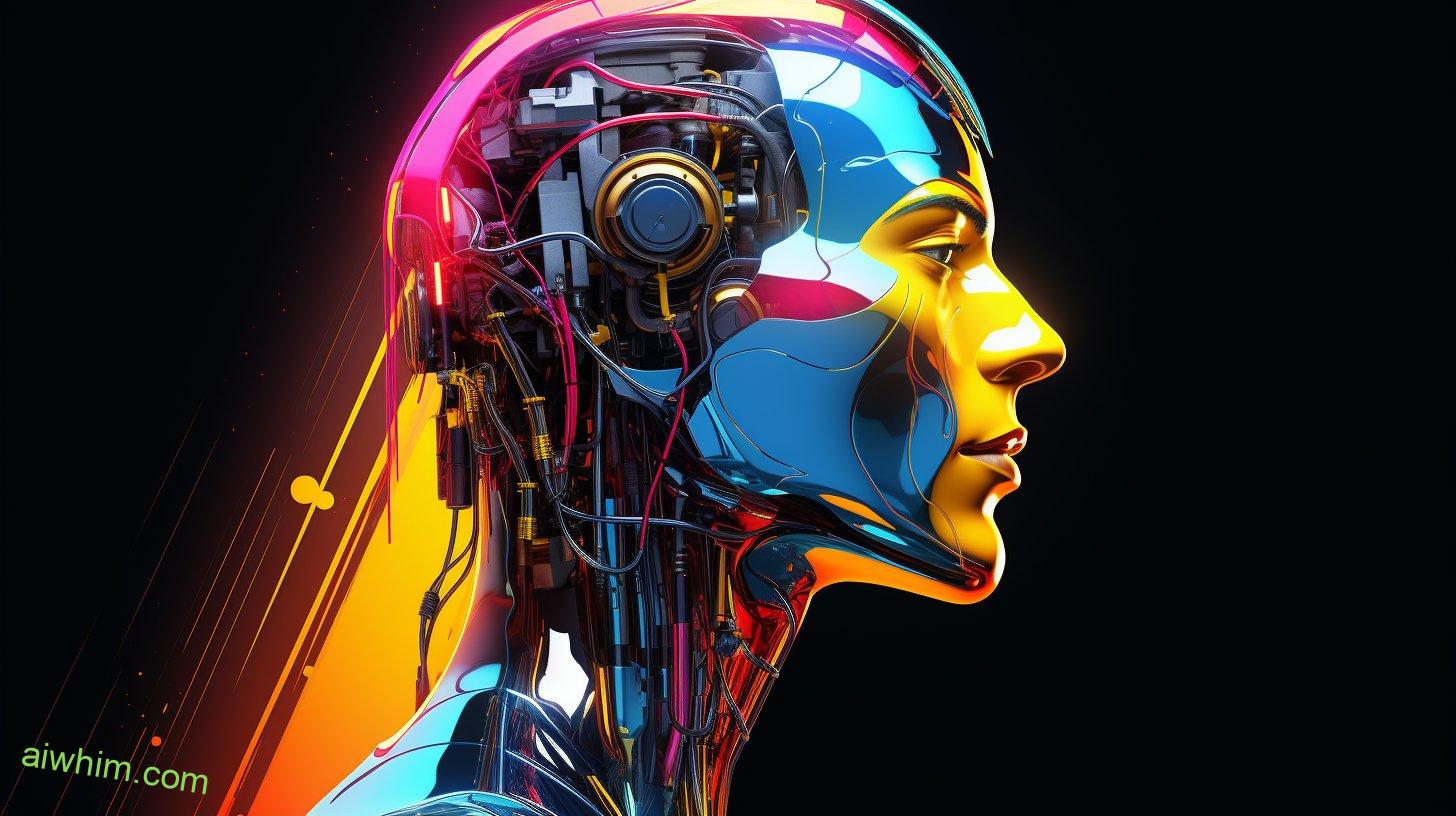
How AI Is Impacting the Job Market
The impact of AI on the job market is a topic that’s generating a lot of discussion and concern among professionals in various industries. With the rapid advancement of technology, automation has become more prevalent in the workplace. This has led to significant changes in the job market and disrupted traditional employment models. The impact of automation on jobs can’t be overlooked.
AI and automation have the potential to replace certain job roles and tasks that were previously performed by humans. Routine and repetitive tasks are particularly vulnerable to automation. This has raised concerns about job displacement and the future of work. However, it’s important to note that while AI may eliminate some jobs, it also has the potential to create new ones. The key lies in adapting and upskilling to meet the demands of the evolving job market.
Job market disruption caused by AI and automation isn’t limited to any specific industry. From manufacturing to customer service, automation has the ability to streamline processes and increase efficiency. This can result in job loss for individuals who were previously responsible for these tasks. However, it also opens up opportunities for individuals to focus on more complex and creative aspects of their work.
As technology continues to advance, it’s crucial for professionals to embrace it and adapt accordingly. This may involve acquiring new skills or transitioning into different roles that complement automation. The impact of AI on the job market is undeniable, but with the right mindset and willingness to learn, individuals can navigate these changes and thrive in the evolving job market. It’s all about embracing the freedom to adapt and grow in the face of automation.

The Potential Threat to Housemaids
With the rapid advancement of technology, automation has the potential to significantly impact the future of housemaids and their job security. As artificial intelligence (AI) continues to evolve, it threatens to disrupt the traditional role of housemaids and potentially displace them from their jobs. This raises concerns about the future of domestic work and the implications it may have on those employed in this profession.
To better understand the potential impact of automation on housemaids, let’s take a look at the following table:
| Key Areas | Impact of Automation |
|---|---|
| Job Displacement | Housemaids may face job displacement as AI and robots can perform tasks traditionally done by humans, such as cleaning, laundry, and cooking. |
| Skill Requirements | Automation may require housemaids to acquire new skills to adapt to the changing demands of the industry. They may need to learn how to operate and maintain robotic cleaning equipment or specialized software. |
| Economic Factors | The rise of automation could lead to a decrease in the demand for housemaids, potentially resulting in job insecurity and lower wages. Additionally, the cost of implementing automation technologies may deter households from hiring housemaids altogether. |
As automation continues to advance, it is crucial for housemaids to stay updated with the latest technological advancements and develop new skills. This will not only enhance their employability but also provide them with a competitive edge in the job market.
While the future of domestic work may seem uncertain, it is important to remember that automation also brings opportunities. Housemaids can explore new roles in areas where human interaction and personal touch are still valued, such as elderly care or specialized cleaning services.

AI Vs. Human Touch in Domestic Services
You can provide a personal touch that AI can’t replicate in domestic services. While AI has made significant advancements in recent years, there are still ethical concerns in using it for tasks traditionally performed by housemaids. AI may be efficient and accurate, but it lacks the ability to empathize and understand the unique needs of individuals. As a housemaid, your job satisfaction comes from the connection you build with your clients and the sense of fulfillment you get from helping others. AI can’t replicate the warmth and compassion you bring to your work.
One of the ethical concerns in using AI for domestic services is the potential for privacy invasion. AI-powered devices are always listening and collecting data, raising concerns about the security and confidentiality of personal information. As a housemaid, you respect your clients’ privacy and ensure that their personal spaces remain confidential.
Moreover, the impact of AI on job satisfaction in domestic work is a significant concern. While AI can automate repetitive tasks, it can’t replace the emotional support and human interaction that you offer. Your clients appreciate the personal touch you bring to their homes, making them feel cared for and understood. AI may be efficient, but it can’t provide the same level of personal connection and attention to detail that you do.
In a world where AI is becoming increasingly prevalent, your role as a housemaid remains crucial. Your ability to provide a personal touch and understand the unique needs of your clients sets you apart from AI-powered devices. As the demand for domestic services continues to grow, your skills and expertise will always be valued and appreciated. Embrace the freedom of knowing that your personal touch can’t be replicated by AI.

The Benefits and Drawbacks of AI in Domestic Work
As a domestic worker, you can weigh the benefits and drawbacks of incorporating AI into your work. AI, or artificial intelligence, has the potential to greatly impact the job market, including the field of domestic work. It’s important to consider both the positive and negative aspects as you navigate through this changing landscape.
On the one hand, AI can bring several benefits to domestic work. It can automate repetitive tasks, such as cleaning and organizing, allowing you to focus on more complex and fulfilling aspects of your job. AI can also enhance safety and security, with features like smart home technology that can monitor and control various aspects of the household. Additionally, AI can provide convenience and efficiency, enabling you to manage schedules, appointments, and other administrative tasks more effectively.
However, there are also drawbacks to incorporating AI into domestic work. One of the major concerns is the potential for job displacement. As AI technology advances, there’s a possibility that certain tasks traditionally performed by domestic workers could be automated, leading to a decrease in job opportunities. It’s important to stay informed about the developments in AI and acquire new skills to adapt to the changing demands of the industry.
Furthermore, there’s a concern about the loss of the human touch in domestic work. Many clients value the interpersonal connections and personalized care that domestic workers bring to their homes. AI, although efficient, may not be able to replicate the empathy and emotional support that you provide. It’s crucial to emphasize your unique qualities and the value you bring to your clients to ensure your continued relevance in the industry.
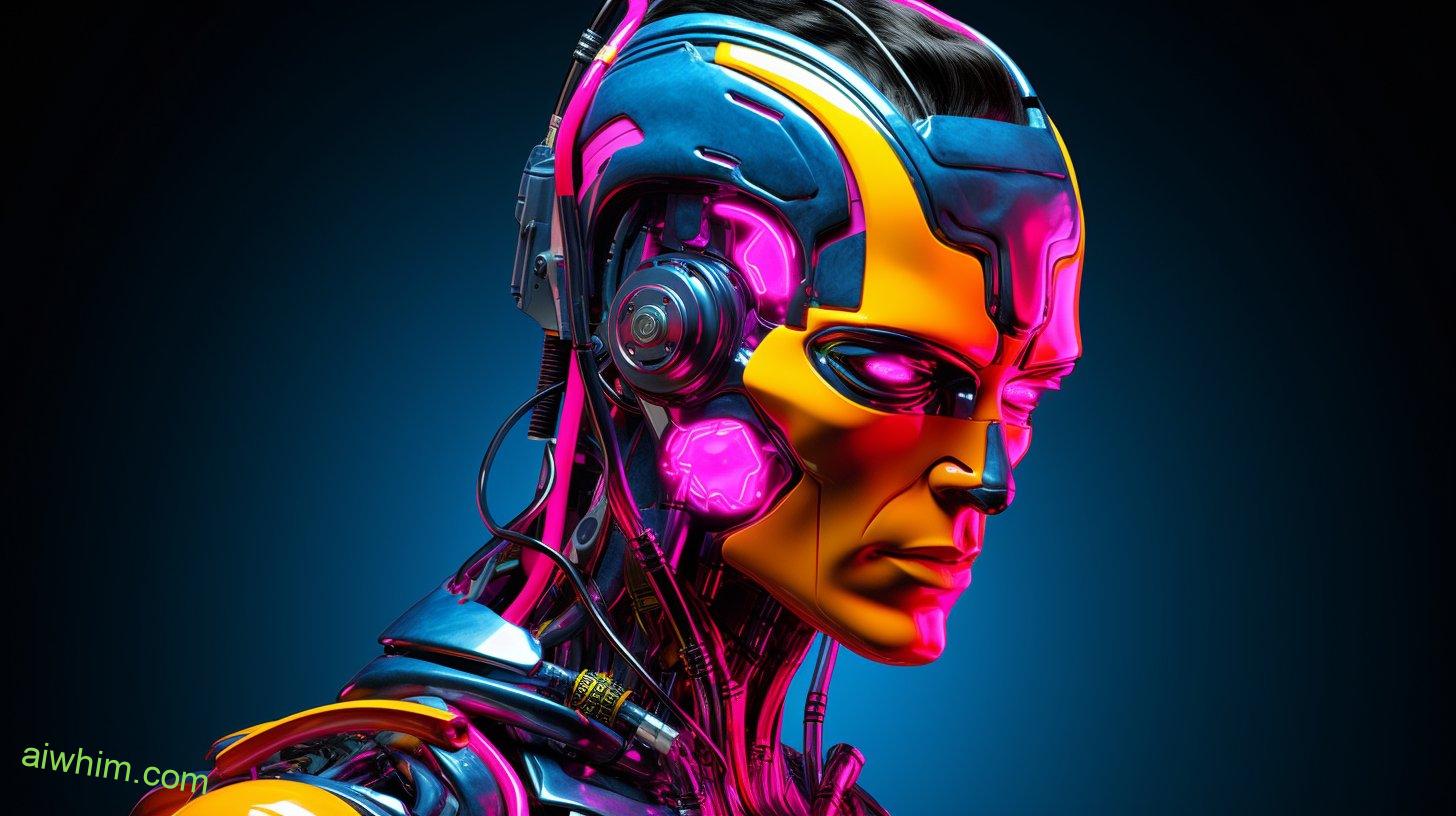
Can AI Replace the Skills of Housemaids
The skills you bring as a domestic worker can’t be easily replaced by AI technology. While automation has had an impact on various industries, the future job prospects for housemaids remain resilient. AI may offer convenience and efficiency in certain tasks, but it lacks the human touch and adaptability that you bring to your work.
As a domestic worker, you possess a unique set of skills that AI can’t replicate. Your ability to understand and anticipate the needs of the household, provide emotional support, and maintain a clean and comfortable environment can’t be replaced by a machine. Your expertise in managing household chores, cooking, and childcare requires a level of intuition and empathy that AI simply doesn’t possess.
Furthermore, the desire for freedom and the personal touch that you provide are qualities that many households value. While AI may be able to perform certain tasks, it lacks the ability to form genuine connections and build relationships with the people it serves. Your presence in the household provides a sense of trust, comfort, and security that can’t be replicated by technology.
Although automation may impact certain aspects of domestic work, it also creates new opportunities. As technology advances, new roles and jobs will be created to support and enhance the work of domestic workers. For example, there may be a need for individuals who can program and maintain AI systems used in domestic settings.
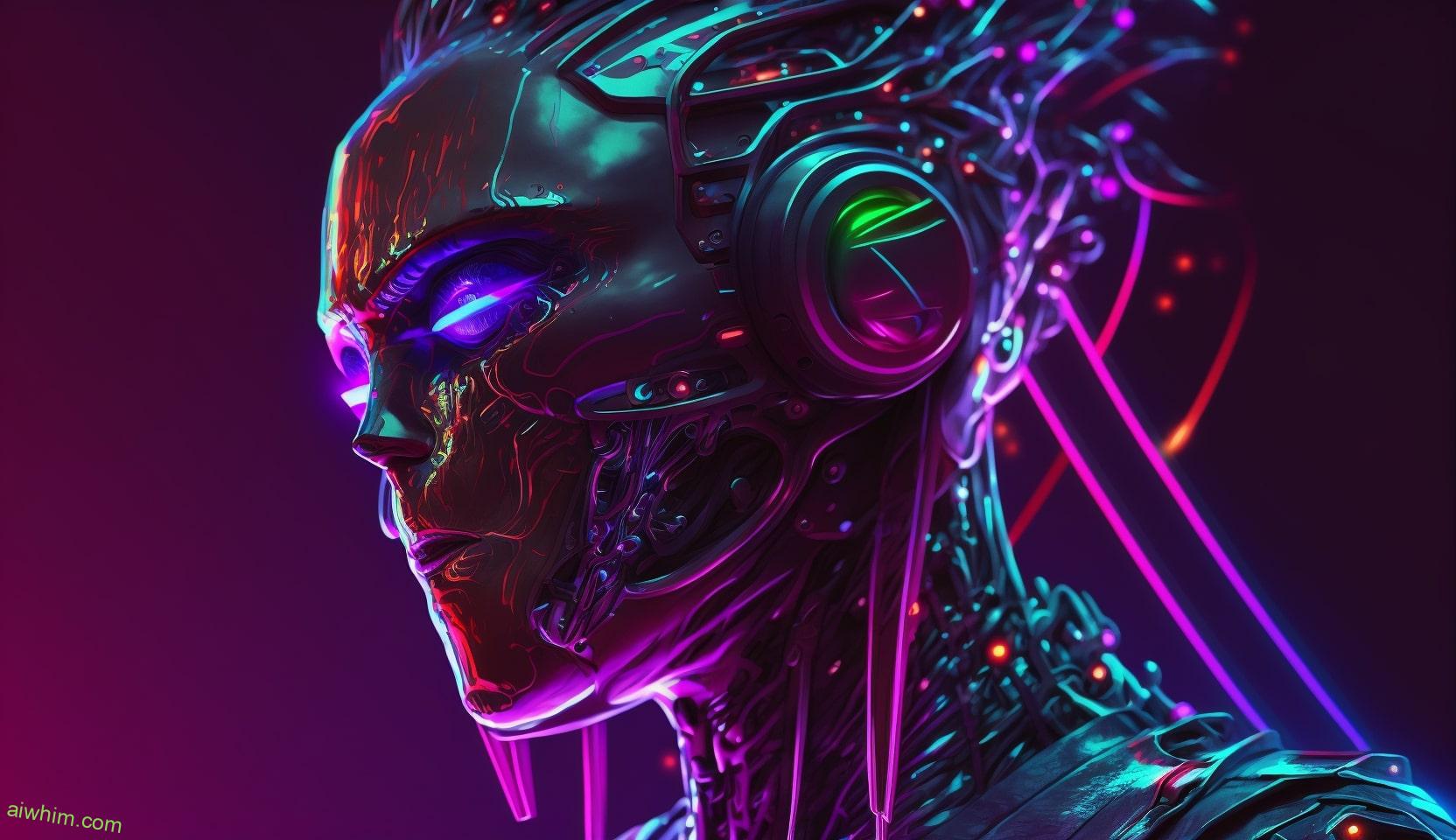
Exploring the Limitations of AI in Domestic Tasks
AI technology has its limitations when it comes to performing domestic tasks. While AI has made significant advancements in various fields, it still struggles to fully replace the skills and capabilities of housemaids. Exploring the ethical implications and the impact on job satisfaction, it becomes evident that AI cannot completely replace human touch and empathy in domestic tasks.
| Limitations of AI in Domestic Tasks | Ethical Implications | Impact on Job Satisfaction |
|---|---|---|
| Limited Adaptability | AI lacks the ability to adapt to unpredictable situations and handle complex tasks that require human intuition and judgment. This limitation raises ethical concerns as it may compromise safety and well-being in certain domestic scenarios. | Housemaids provide personalized care and attention to detail, which contributes to higher job satisfaction as they can witness the direct impact of their work on the household. |
| Lack of Emotional Intelligence | AI lacks emotional intelligence, making it difficult to empathize with the emotions and needs of the individuals in the household. This limitation raises ethical concerns as it may result in a lack of emotional support for those in need. | Housemaids offer emotional support and companionship, which significantly contributes to the overall job satisfaction of both the housemaids and the individuals they care for. |
| Inability to Handle Unpredictability | AI struggles to handle unpredictable situations that often arise in households. This limitation raises ethical concerns as it may lead to potential damage or harm in cases where quick decision-making and adaptability are paramount. | Housemaids possess the skills to handle unexpected situations, creating a sense of job satisfaction and fulfillment as they can showcase their problem-solving abilities. |

The Future of Housemaids in an AI-driven World
In an AI-driven world, you may wonder about the future of those who provide personalized care and emotional support in households. Housemaids, who’ve long been an integral part of many households, are now facing the impact of automation. But what does the future hold for them in an AI-driven world? Let’s explore.
- Adaptability: Housemaids possess a unique set of skills that can’t be easily replicated by AI. Their ability to adapt to different household needs, understand individual preferences, and provide personalized care is invaluable. No AI can truly understand the complexities of human emotions and provide the same level of emotional support.
- Human touch: Housemaids offer more than just physical tasks; they provide a human touch that AI simply can’t replicate. From comforting a child to listening to the stories of the elderly, their presence adds warmth and a sense of companionship. The emotional connection they establish with the household members can’t be replaced by technology.
- Freedom of choice: While AI can automate several tasks, many households still prefer the presence of a housemaid. They appreciate the freedom of choice in deciding who enters their homes, someone they can trust and rely on. Housemaids offer a level of flexibility and adaptability that AI can’t provide, allowing households to personalize their care and support.
As automation continues to advance, the role of housemaids may evolve. They may find themselves working alongside AI, utilizing technology to enhance their efficiency and effectiveness. The future prospects for housemaids in an AI-driven world may involve redefining their roles, focusing more on emotional support and specialized care. Despite the advancements in AI, the human touch and personalized care provided by housemaids will always remain in demand for those who desire freedom and a sense of connection in their households.
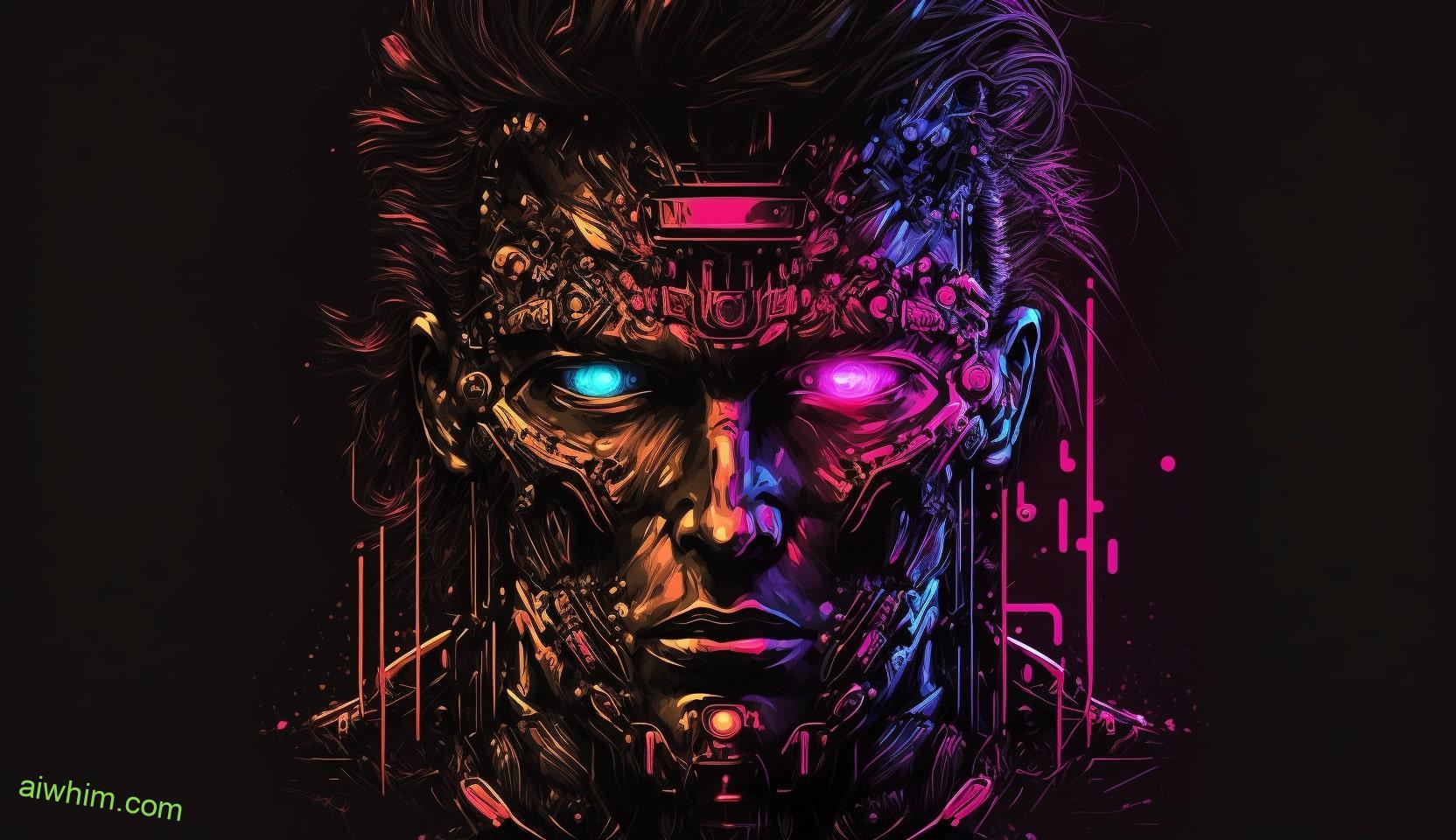
The Human Element in Domestic Services
You may be wondering about the importance of the human element in domestic services as technology continues to advance. While AI and automation have made significant strides in various industries, there are certain aspects of domestic services that cannot be replicated by machines alone. The emotional connection and job satisfaction that come from interacting with a human caregiver are invaluable and cannot be replaced by technology.
Consider the following table that highlights the unique qualities of the human element in domestic services:
| Human Element | Importance |
|---|---|
| Emotional Connection | Building a bond with your caregiver creates a sense of trust and comfort. It allows for personalized care and understanding of your specific needs. |
| Job Satisfaction | Human caregivers take pride in their work and find fulfillment in providing assistance and support to others. They are dedicated to ensuring your well-being and happiness. |
As human beings, we crave connection and understanding. We desire freedom to express ourselves and be heard. In the realm of domestic services, the human touch is irreplaceable. While technology can perform certain tasks efficiently, it cannot replicate the empathy, compassion, and care that a human caregiver provides.
The emotional connection formed with a human caregiver is essential for fostering a positive and nurturing environment. It allows for open communication, understanding, and the ability to adapt to your changing needs. The joy and satisfaction that come from knowing you have a dedicated caregiver who genuinely cares about your well-being cannot be replicated by AI.
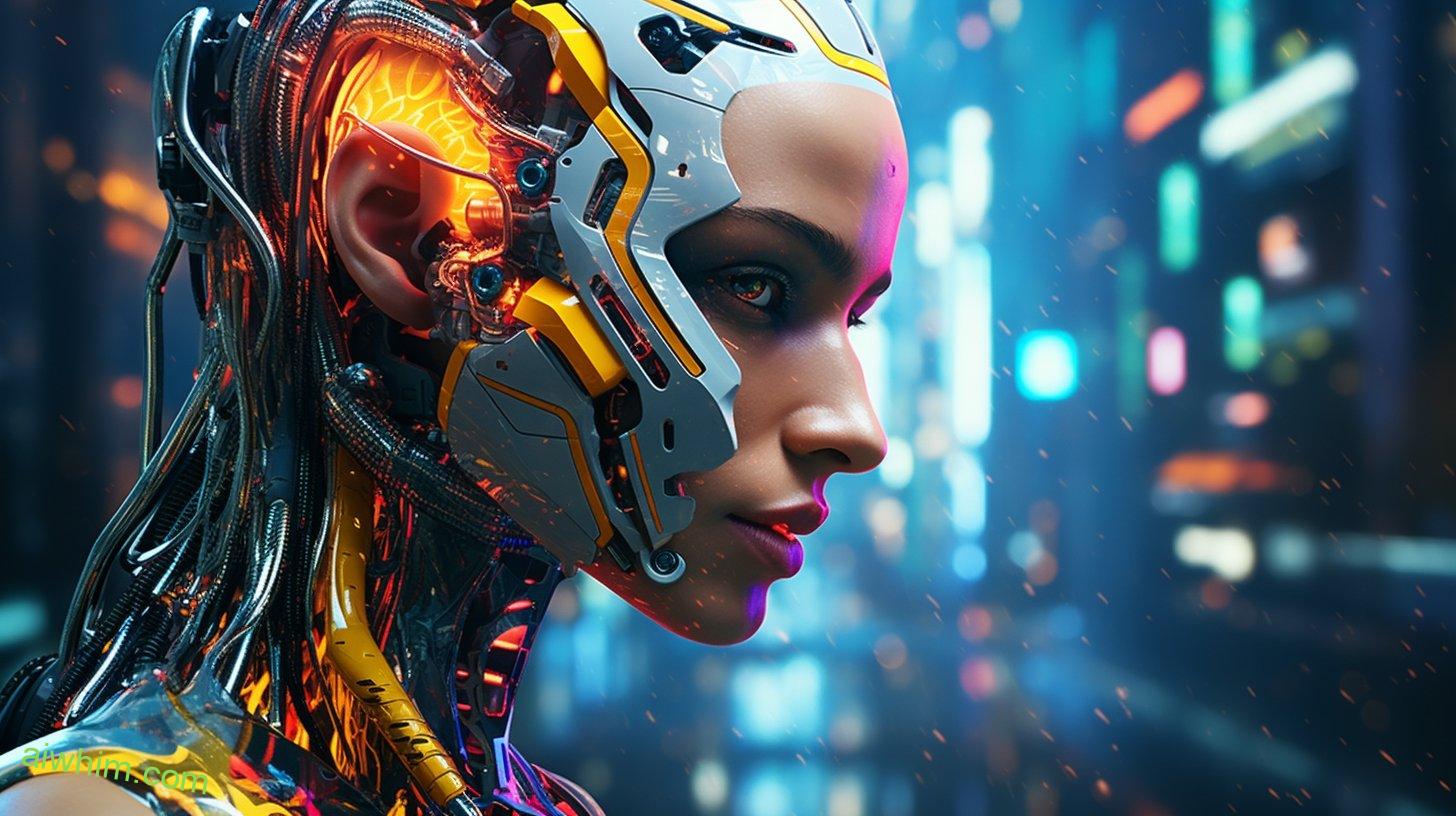
Adapting to the Changing Landscape of Domestic Work
As technology continues to advance, it’s important for domestic workers to adapt to the changing landscape of their profession. The dynamics of domestic work are constantly evolving, and in order to thrive in this changing environment, you must be willing to embrace new skills and techniques.
Here are three key ways you can adapt to the changing dynamics and develop an evolving skillset in domestic work:
- Embrace technology: Technology has become an integral part of our lives, and it’s no different in the domestic work industry. From smart home devices to cleaning robots, there are numerous technological advancements that can make your job easier and more efficient. By familiarizing yourself with these tools and incorporating them into your work, you can streamline your tasks and provide a higher level of service to your clients.
- Enhance your communication skills: With the rise of remote work and virtual communication, being able to effectively communicate with your employers and clients is essential. Whether it’s through email, video calls, or messaging apps, you need to be able to convey your thoughts and understand the needs of your clients. By improving your communication skills, you can build strong relationships and ensure that you’re meeting their expectations.
- Continuously learn and upskill: The domestic work industry is constantly evolving, and it’s important to stay updated with the latest trends and techniques. Attend workshops, take online courses, and seek out opportunities to learn new skills that can enhance your value as a domestic worker. By continuously improving your skillset, you can stay ahead of the game and remain competitive in the job market.

AI as a Tool for HousemAIds, Not a Replacement
You may be concerned that AI could replace you as a housemaid, but rest assured that AI is actually more of an assistant than a replacement. AI technology has the potential to enhance your skills and improve your job satisfaction.
AI can take care of repetitive and time-consuming tasks, freeing up your time to focus on more meaningful and fulfilling work. For example, AI can handle basic cleaning tasks like vacuuming and mopping, while you can focus on providing personalized care and attention to the household members.
By using AI as a tool, you can become more efficient and productive. AI can help you schedule and manage tasks, ensuring that you stay organized and on top of your responsibilities. With AI’s assistance, you can provide a higher level of service and exceed your employer’s expectations.
Furthermore, AI can also enhance your skills and knowledge. AI-powered platforms can provide you with access to training materials and resources, enabling you to expand your skillset and stay updated with the latest cleaning techniques and technologies. This continuous learning can contribute to your job satisfaction and make you a more valuable asset to your employer.

Ensuring Job Security for Housemaids in the Age of AI
To ensure job security in the age of AI, it’s important for housemaids to adapt and embrace the new technology as a valuable tool rather than a threat. While the impact of automation may raise concerns, it’s crucial to understand that AI can actually enhance the role of housemaids, providing them with new opportunities and improving their overall job security. Here are three ways in which housemaids can navigate the changing landscape and secure their future:
- Upskill and specialize: Embrace the power of AI by learning how to operate and utilize the latest cleaning and organizing tools. By becoming proficient in using AI-powered devices, you can increase your efficiency and offer specialized services that can’t be easily replicated by machines. This will make you an invaluable asset to your employers and ensure job security.
- Embrace collaboration: Instead of viewing AI as a competitor, see it as a partner. Collaborate with AI-powered systems to streamline your work and enhance your productivity. By working together with AI, you can achieve better results in less time, enabling you to take on more responsibilities and secure your position in the household.
- Adapt and innovate: Stay ahead of the curve by continuously adapting to the advancements in AI technology. Explore new ways to integrate AI into your day-to-day tasks and find innovative solutions to common challenges. By demonstrating your ability to adapt and innovate, you’ll position yourself as an indispensable member of the household, ensuring long-term job security.

The Importance of Emotional Intelligence in Domestic Work
Now, let’s shift our focus to the importance of emotional intelligence in domestic work. As a housemaid, you play a vital role in creating a comfortable and welcoming environment for the families you serve. Emotional intelligence training can greatly enhance your job satisfaction and overall success in this field.
Emotional intelligence refers to your ability to understand and manage your own emotions, as well as recognize and empathize with the emotions of others. By developing your emotional intelligence, you can build stronger relationships with the families you work for, leading to more fulfilling and enjoyable work experiences.
Through emotional intelligence training, you can learn to communicate effectively, resolve conflicts, and navigate challenging situations with grace and empathy. This won’t only benefit your relationships with the families but also improve your own emotional well-being.
When you’re emotionally intelligent, you can anticipate the needs and preferences of the families you work for, making you an invaluable asset. Your ability to handle stressful situations and adapt to changing circumstances will set you apart and ensure your continued success in the face of advancing technology.
Furthermore, emotional intelligence can enhance your job satisfaction by fostering a sense of purpose and fulfillment in your work. When you’re attuned to the emotions of the families you serve, you can provide the personalized care and support that they need, which in turn will bring you a sense of accomplishment and joy.

Finding a Balance Between AI and Human Labor in Housekeeping
Finding a balance between the use of AI technology and human labor in housekeeping is crucial for maintaining efficiency and providing personalized care to families. In this era of technological advancements, it’s understandable to have concerns about job displacement. However, instead of fearing the rise of AI, we should focus on finding new opportunities and retraining programs that empower individuals to adapt and thrive in a changing labor market.
- Embrace collaboration: Picture a world where AI technology and human labor work hand in hand, seamlessly complementing each other’s strengths. AI can handle repetitive tasks like vacuuming and cleaning, while humans can provide the personal touch and attention to detail that only they can offer. Together, they create a harmonious environment that meets the needs and desires of families.
- Invest in retraining programs: Imagine a future where individuals are given the tools and resources to adapt their skills and knowledge to the changing demands of the job market. Retraining programs can help housekeepers acquire new skills in areas like technology management, data analysis, and customer service. By empowering them to embrace new technologies, we ensure their continued relevance and job security.
- Create new job opportunities: Envision a world where AI technology opens up new avenues for employment rather than replacing existing jobs. As AI takes over mundane tasks, housekeepers can focus on providing specialized services such as organizing, event planning, and personal assistance. By capitalizing on their unique human qualities, they can carve out niches that can’t be replicated by machines.
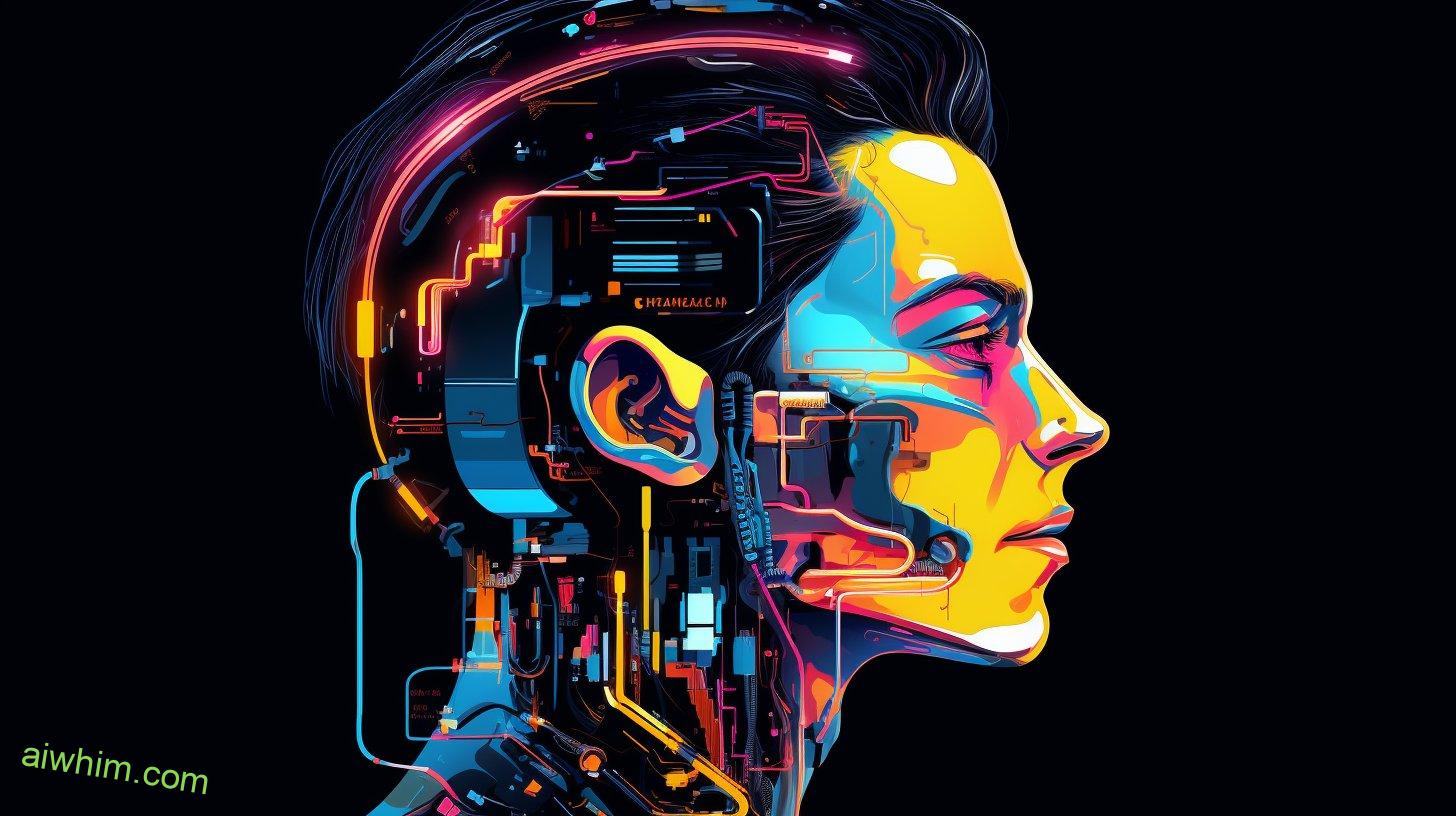
Frequently Asked Questions
How Can Housemaids Adapt to the Changing Landscape of Domestic Work in the Age of AI?
You can adapt to the changing landscape of domestic work in the age of AI by exploring upskilling opportunities and embracing new roles in the industry. Stay informed and open-minded to find freedom in this evolving field.
What Are the Limitations of AI in Performing Domestic Tasks?
AI has limitations in performing domestic tasks. It can struggle with complex or unpredictable situations, lacks human judgment, and may not be able to adapt to changing needs. This impacts housemaids’ job security as they possess unique skills AI cannot replicate.
How Does Emotional Intelligence Play a Role in Domestic Work?
Emotional intelligence training can have a significant impact on job satisfaction in domestic work. Understanding and empathizing with clients’ needs creates a positive environment. AI may assist, but it can’t replace human connection.
How Can Housemaids Ensure Job Security in the Age of AI?
To ensure job security in the age of AI, housemaids like you should focus on job retraining and skill diversification. By adapting to new technologies and expanding your skill set, you can stay ahead and maintain your freedom in the workforce.
What Is the Importance of Finding a Balance Between AI and Human Labor in Housekeeping?
Finding a balance between AI and human labor in housekeeping is crucial. It ensures job sustainability, maintains quality service, and empowers you with the freedom to continue your valuable role in providing personalized care and attention to your clients.

Conclusion
In conclusion, while the rise of AI may bring changes to the domestic work industry, housemaids shouldn’t fear job displacement. AI should be seen as a tool to enhance their tasks, not as a replacement for their valuable skills and human touch.
By embracing technology and focusing on emotional intelligence, housemaids can ensure their job security and find a balance between AI and human labor in housekeeping.

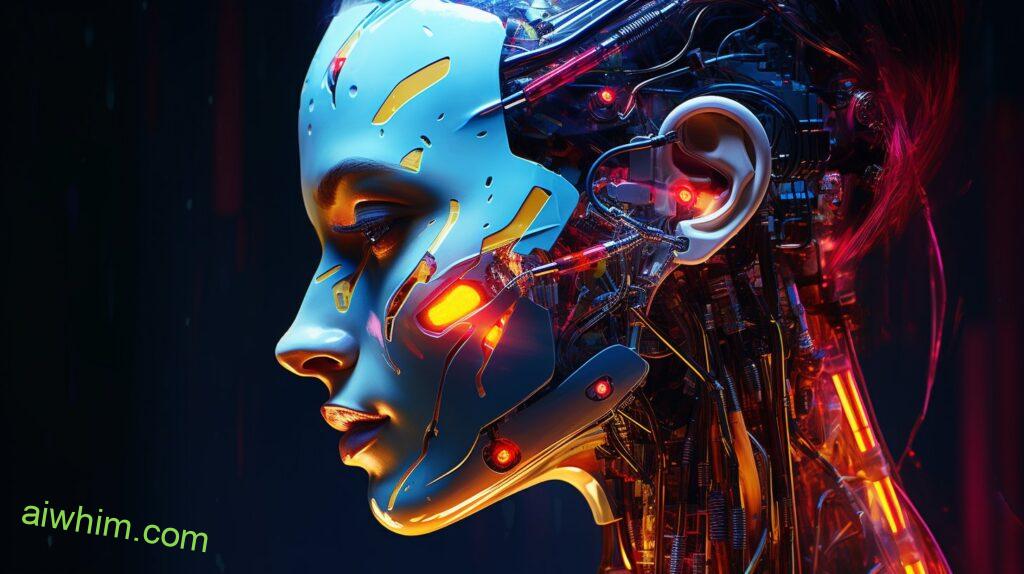





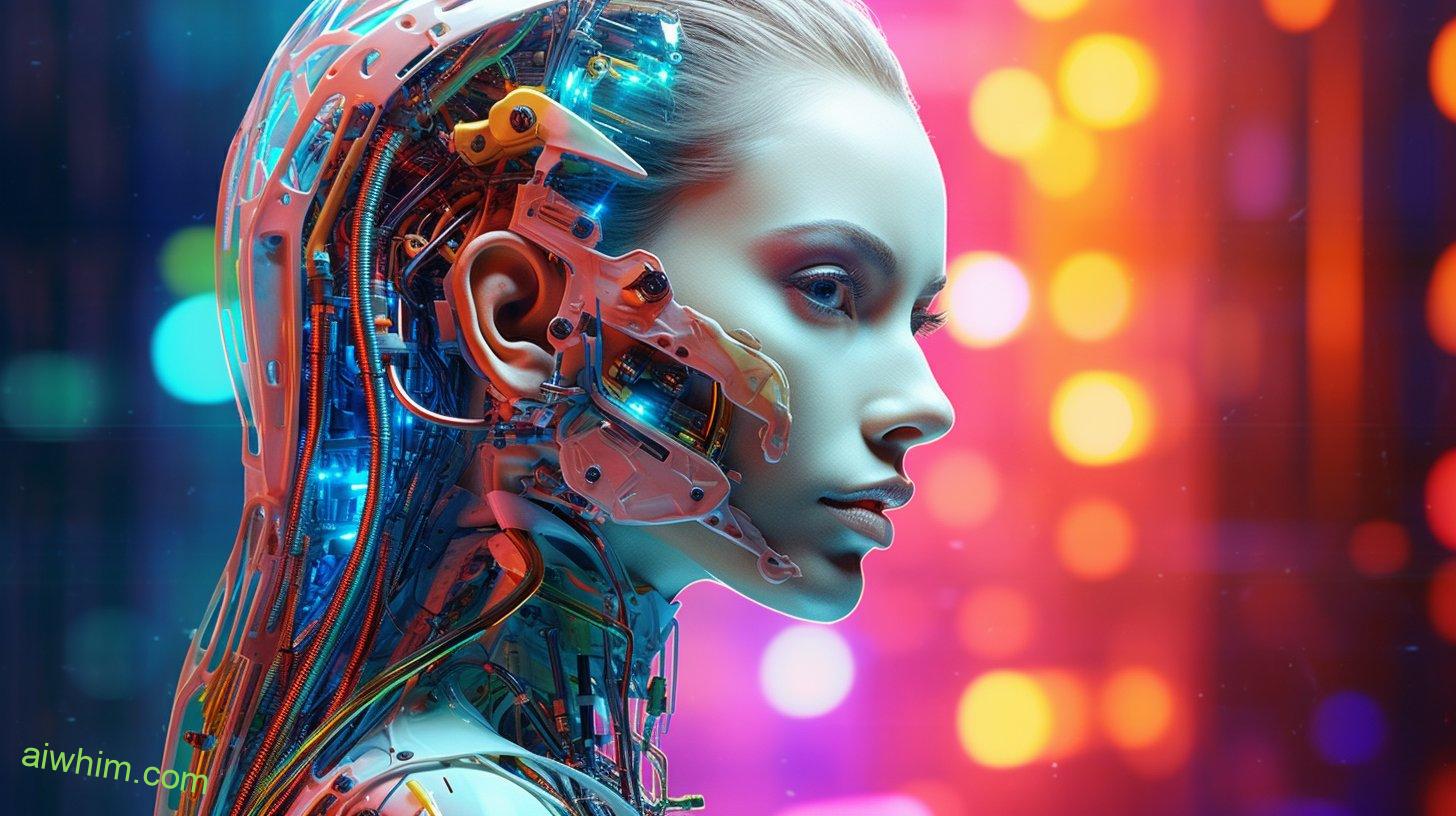
I enjoy what you guys are usually up too. Such clever work and coverage!
Keep up the terrific works guys I’ve included you guys to my own blogroll.
Thanks for giving it a read!